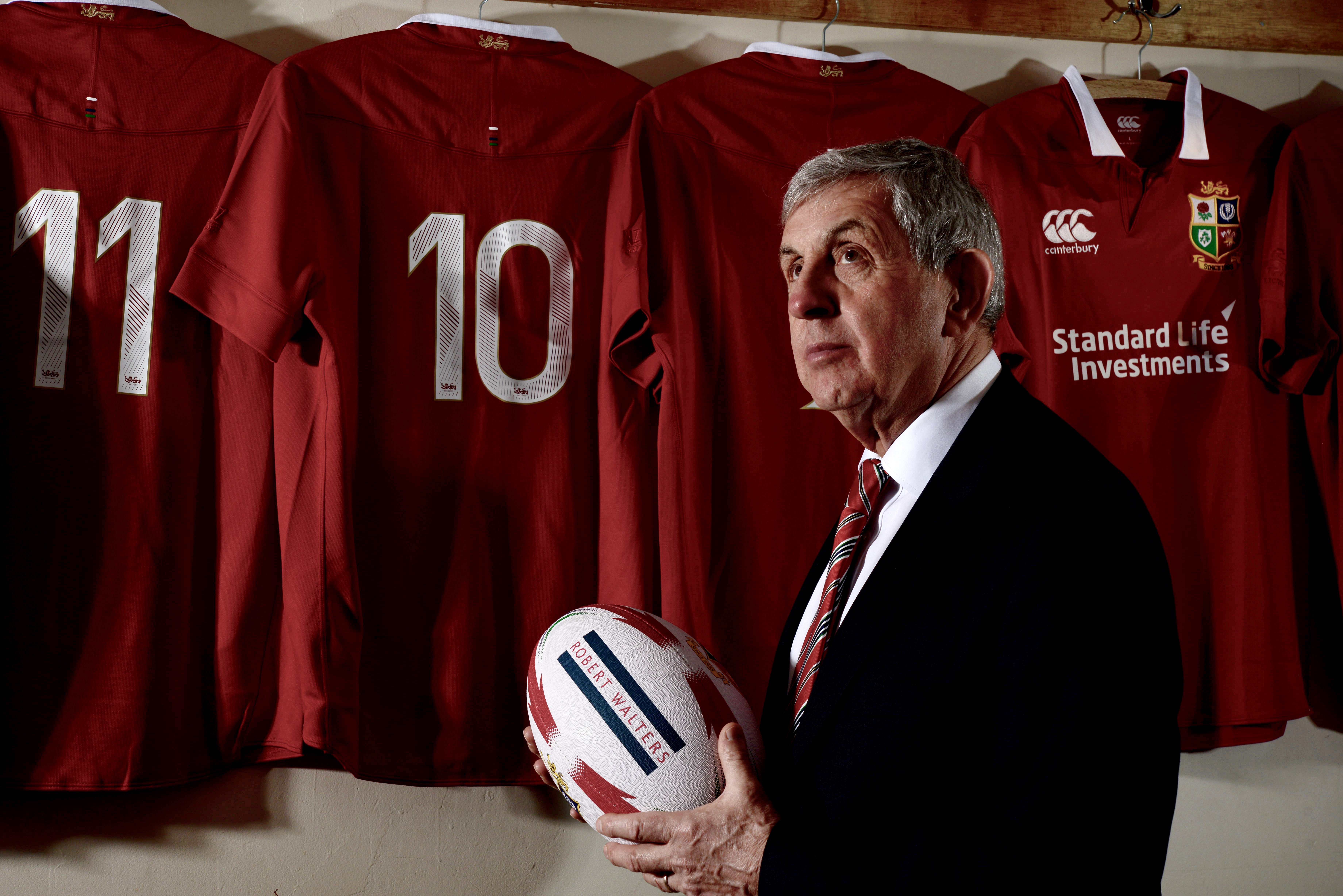Lions greats including Sir Ian McGeechan call for changes to make sport safer
In an open letter to World Rugby it is claimed the professional game ‘has become unnecessarily dangerous’.

Your support helps us to tell the story
From reproductive rights to climate change to Big Tech, The Independent is on the ground when the story is developing. Whether it's investigating the financials of Elon Musk's pro-Trump PAC or producing our latest documentary, 'The A Word', which shines a light on the American women fighting for reproductive rights, we know how important it is to parse out the facts from the messaging.
At such a critical moment in US history, we need reporters on the ground. Your donation allows us to keep sending journalists to speak to both sides of the story.
The Independent is trusted by Americans across the entire political spectrum. And unlike many other quality news outlets, we choose not to lock Americans out of our reporting and analysis with paywalls. We believe quality journalism should be available to everyone, paid for by those who can afford it.
Your support makes all the difference.A group of British and Irish Lions greats have called on World Rugby to allow substitutes only in the case of injury to make the sport safer and help prevent the prospect of a player dying on the field.
In an open letter to World Rugby chairman Sir Bill Beaumont – signed by Sir Ian McGeechan Willie John McBride, Sir Gareth Edwards Barry John and John Taylor as well as consultant surgeon Professor John Fairclough – it is claimed the professional game “has become unnecessarily dangerous”.
The letter references fears of current players not daring to speak out over “fear of losing their livelihood” and quotes the concerns of former Wales captain Sam Warburton that someone “will die during a game in front of TV cameras” if nothing is done.
“It would be grossly negligent to allow the status quo to continue,” the letter continued.
“Rugby union was conceived as a 15-a-side game for 30 players. With the current eight substitutes per side, many of whom are tactical ‘impact players’ or ‘finishers’, this can and often does stretch to 46.
“More than half a team can be changed, and some players are not expected to last 80 minutes so train accordingly, prioritising power over aerobic capacity. This shapes the entire game, leading to more collisions and in the latter stages numerous fresh ‘giants’ crashing into tiring opponents.
“The simple change we advocate is to allow eight subs on the bench if you must, but limit the number that can be used to four and then only in the case of injury.
So, no more empty words, we call upon Sir Bill to act now
“This will make the game safer, a view supported by leading players and eminent members of the medical profession.”
The letter continued: “We know that World Rugby Chairman Sir Bill Beaumont agrees with us. In January 2020, he expressed his concern that ‘rugby had become a game for big people’ and backed a trial law whereby players could only be replaced if injured.
“Sadly, more than 18 months later World Rugby has done nothing – yet again it stands accused of all words and no action.
“So, no more empty words, we call upon Sir Bill to act now in the profound hope that Sam Warburton’s words do not become prophetic.”
World Rugby welcome any opinions which support its mission to advance player welfare.
The governing body has already commissioned research which is under way, featuring 2,000 men’s and women’s matches, looking at a number of variables, including the impact of substitutes and the likelihood of injury.
The study was initiated at the beginning of the year and is at the final data-gathering and evaluation stage.
“Rugby is a global family that cares deeply about the sport and World Rugby welcomes considered views that inform and support the positive momentum generated by our recently launched six-point strategy to cement rugby as the most progressive sport on player welfare,” a World Rugby spokesperson said in a statement to the PA news agency.
Our door is always open to those with valuable contributions to make in this important and rapidly-evolving debate
“This is more than an ambition, it is at the heart of everything that we say and do as a sport. We are acting in line with the latest science, research and data to make the sport as safe and accessible for all – at all levels, and for men and women.
“As with everything we do, education, preparation and promotion of best technique is fundamental to injury prevention and we continue to partner with our unions to roll out prevention programmes such as Activate and Tackle Ready across the globe.
“We have demonstrated that we will listen, engage and follow the latest scientific insight in the advancement of player welfare.
“Our door is always open to those with valuable contributions to make in this important and rapidly-evolving debate.”